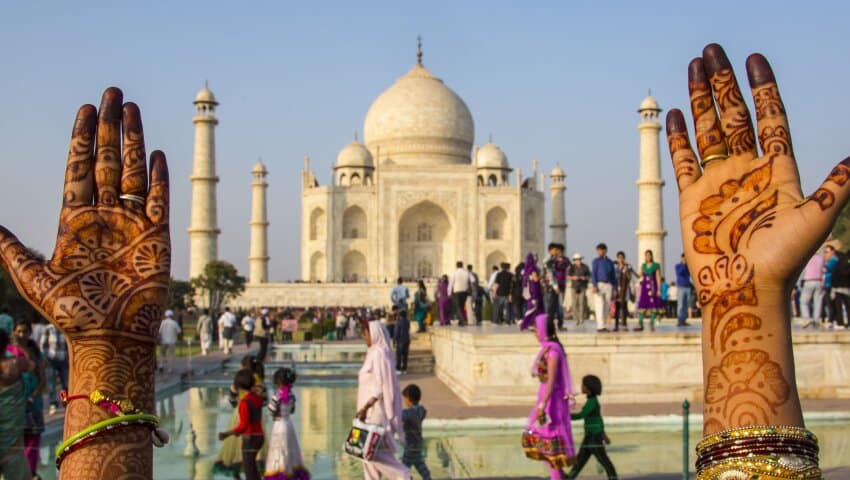
India to Launch its CBDC Pilot on November 1
- 90% of central banks globally are exploring the possibility of launching a CBDC.
- India has an active crypto market. However, the country’s government appears uncertain about cryptocurrencies.
- Nine locally active banks will participate in the CBDC pilot.
Months after announcing its digital rupee project in February, the Reserve Bank of India (RBI) is on course to introduce a central bank digital currency (CBDC). The RBI announced on October 31 that the Central Bank of India would commence the digital rupee pilot program for the wholesale market on November 1.
According to a Reuters report, nine locally active banks, including the largest bank in India, the State Bank of India, will participate in the CBDC experiment. Other banks participating in the trial include Bank of Baroda, Yes Bank, HSBC, Union Bank of India, IDFC First Bank, HDFC Bank, ICICI Bank, and Kotak Mahindra Bank.
India has long been crafting its CBDC ambitions. The Asian country has mixed feelings about cryptocurrencies. While the Reserve Bank of India wants a complete ban on digital assets, the government charges a 30% tax and 1% TDS on cryptocurrencies. Despite not being receptive to cryptocurrencies, India welcomes blockchain technology and sees it as a huge part of its economic plans.
The primary use case for India’s CBDC pilot will be to settle transactions in government securities on the secondary market. According to the RBI, the digital rupee will increase market efficiency by lowering settlement transaction costs.
Wholesale CBDCs have gained popularity amongst financial organizations. Most financial institutions, such as banks, use wholesale CBDCs for interbank activities, including securities settlement and cross-currency payments.
According to reports, the RBI plans to introduce the digital rupee for the retail sector in a few areas within a month. Individuals and organizations use retail CBDCs to make payments and store value.
Despite India’s unclear cryptocurrency stance, the country’s residents continue to use cryptocurrencies for transactions. India has one of the fastest-growing crypto markets in Asia.







